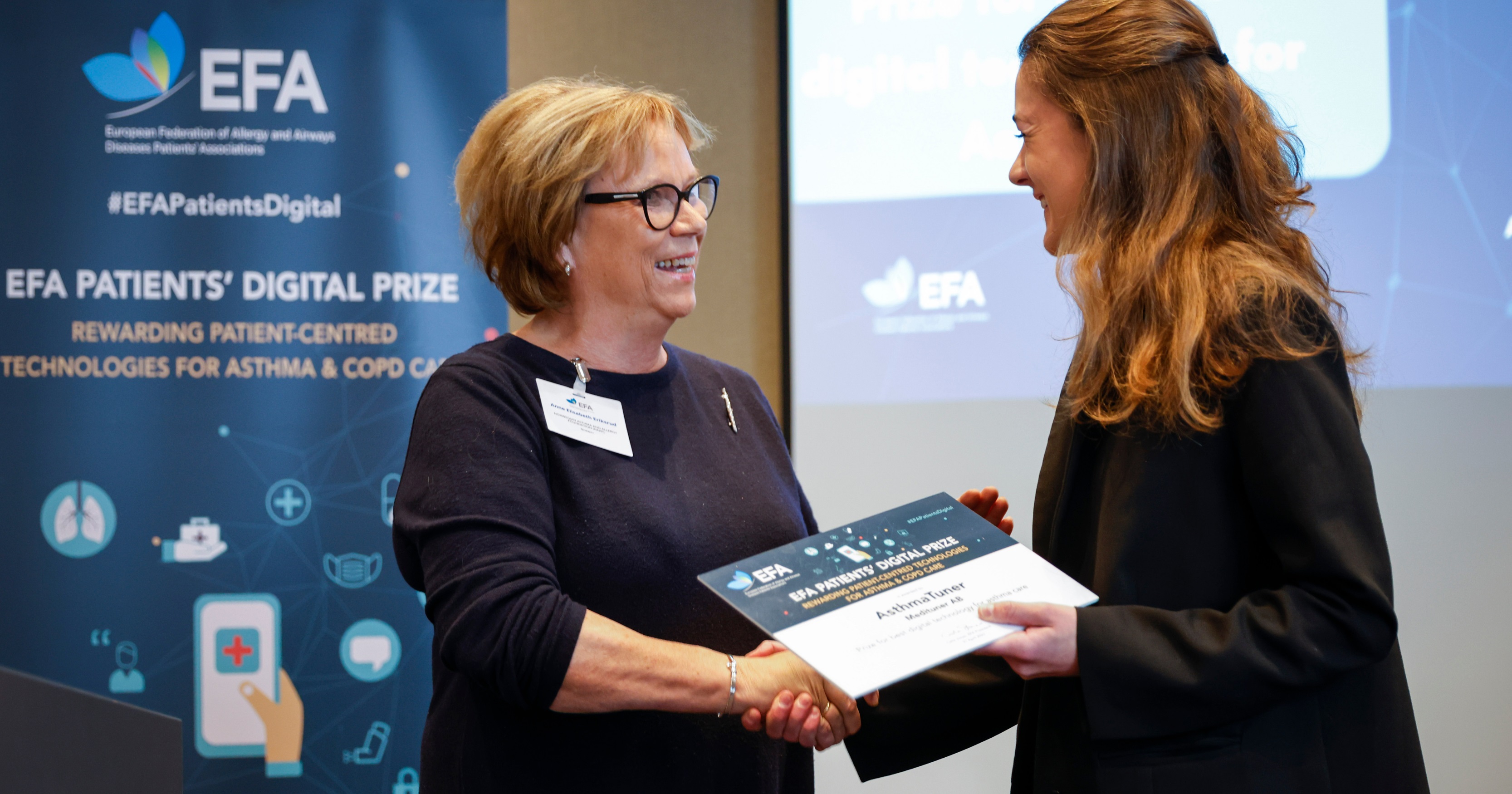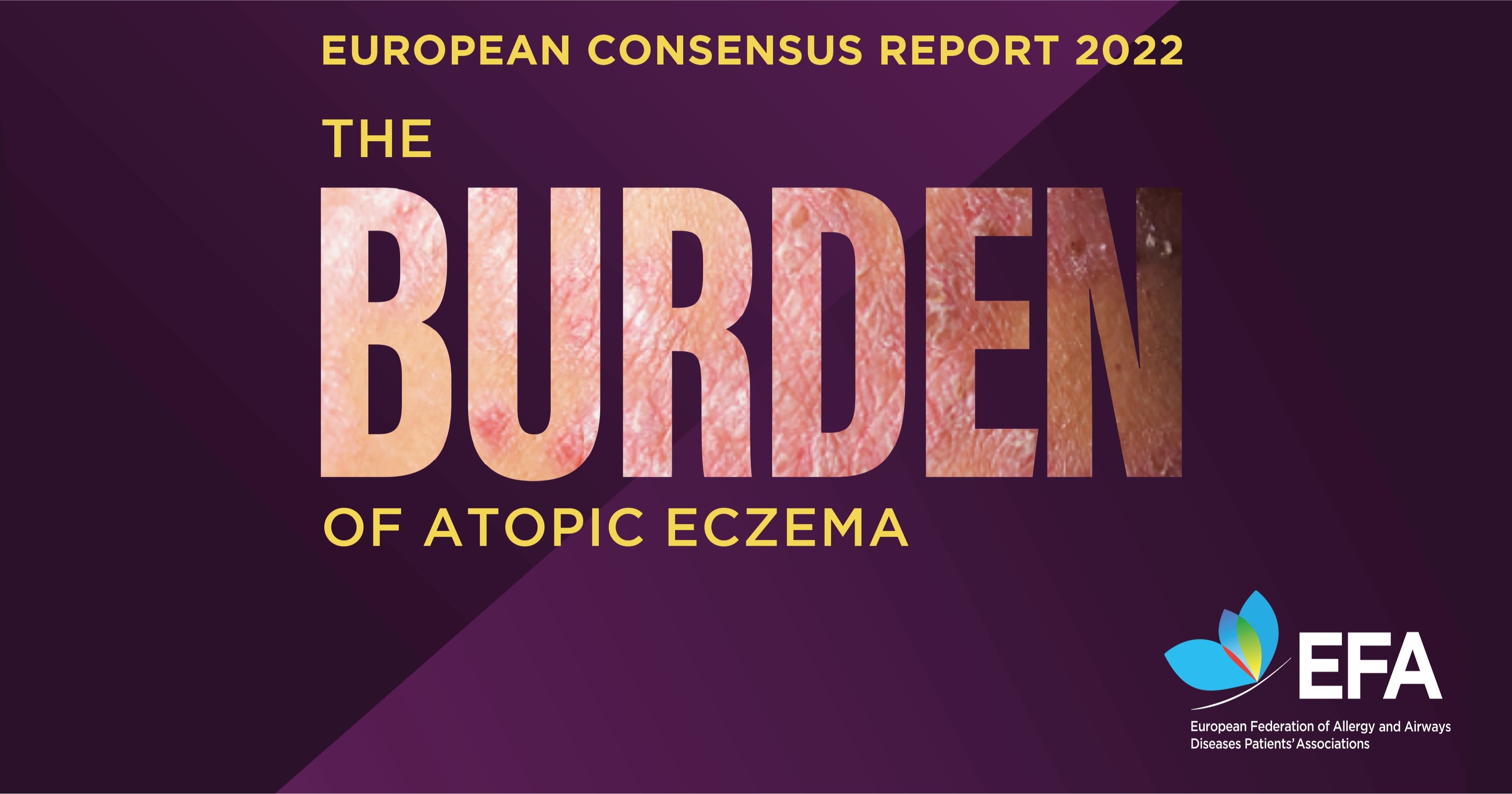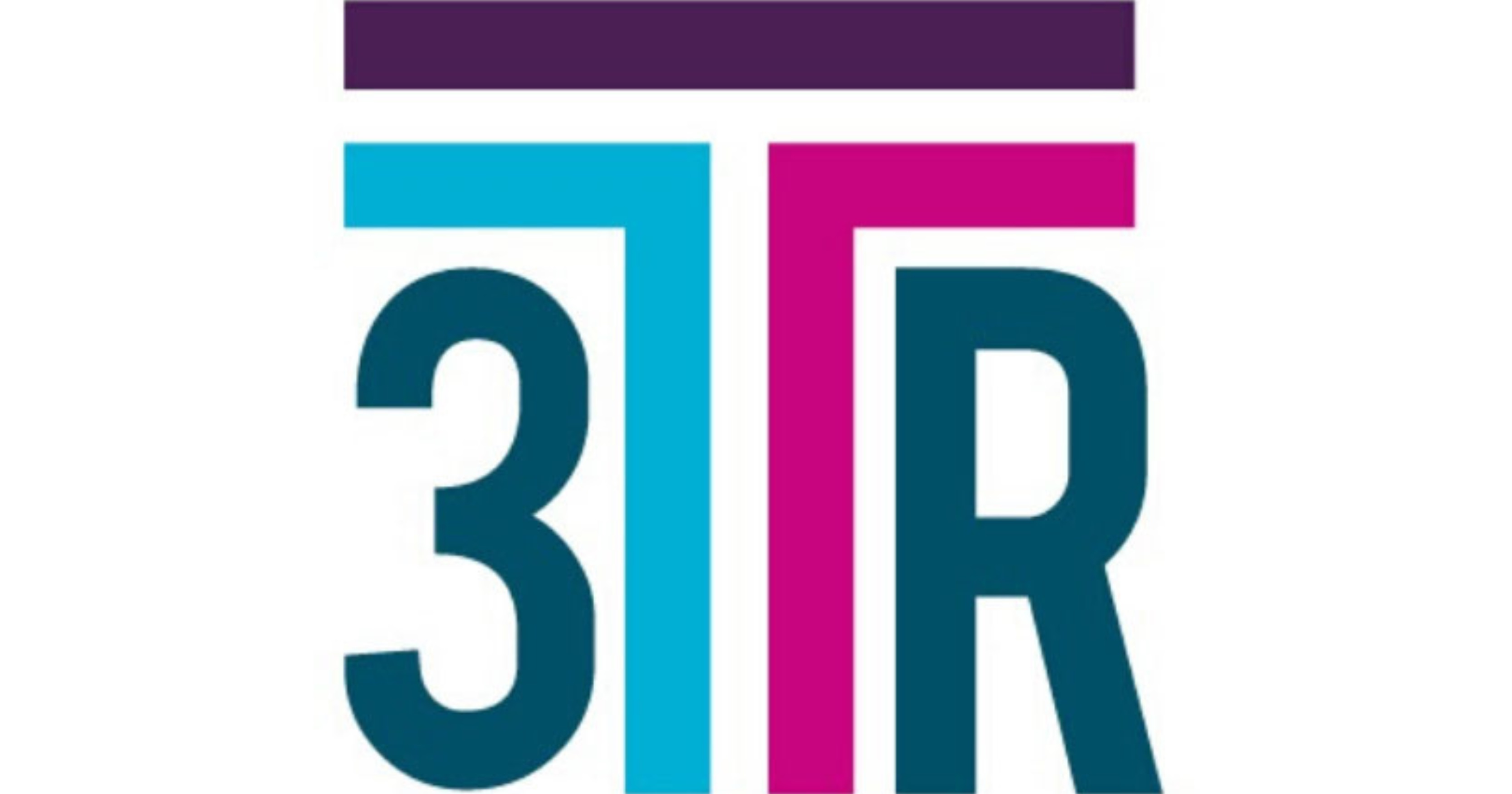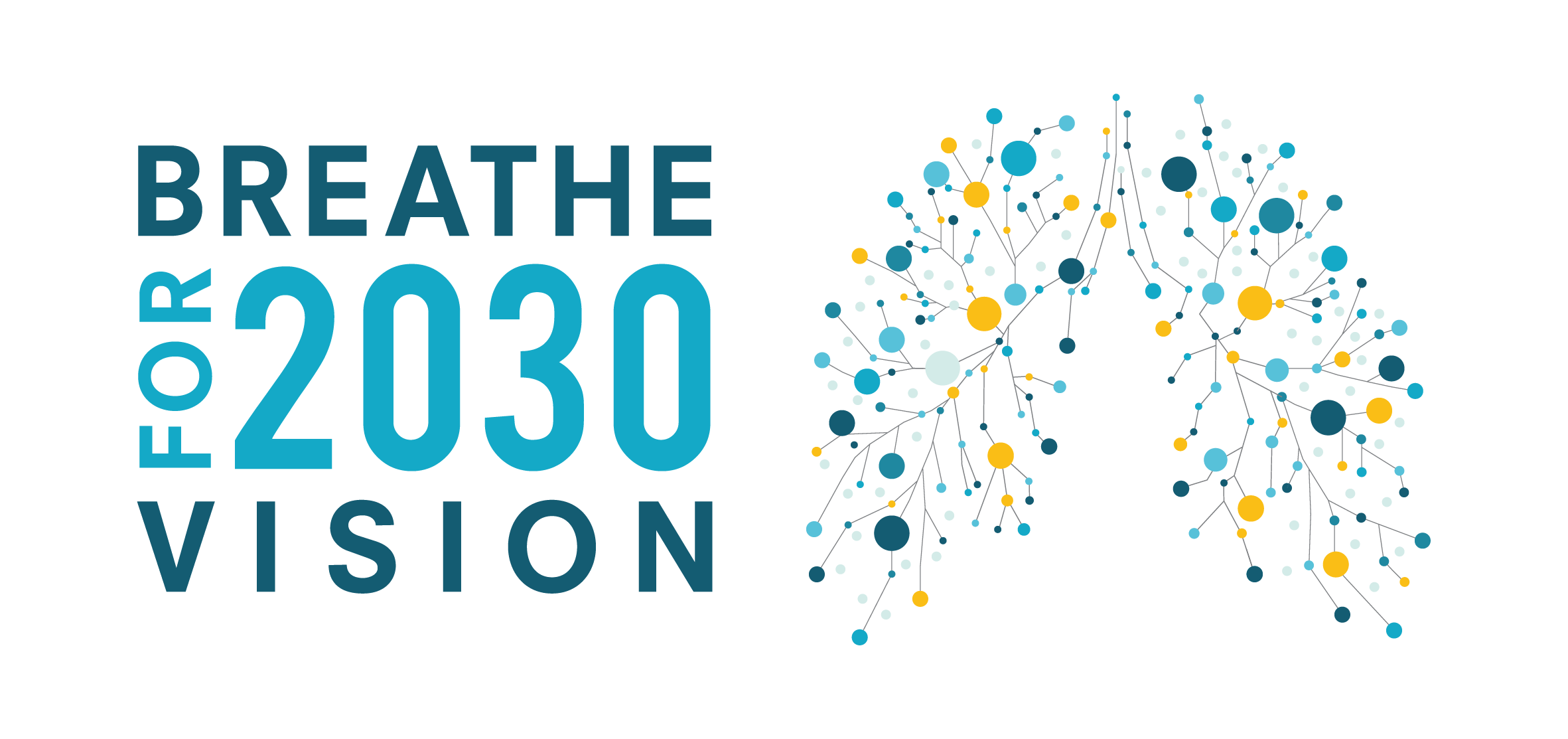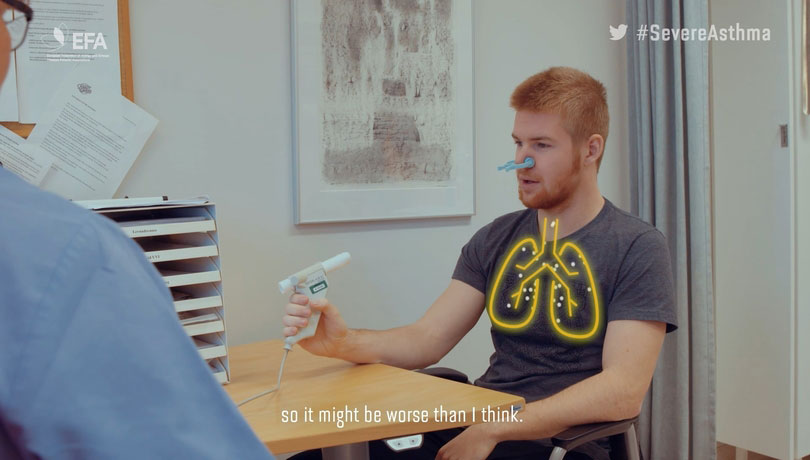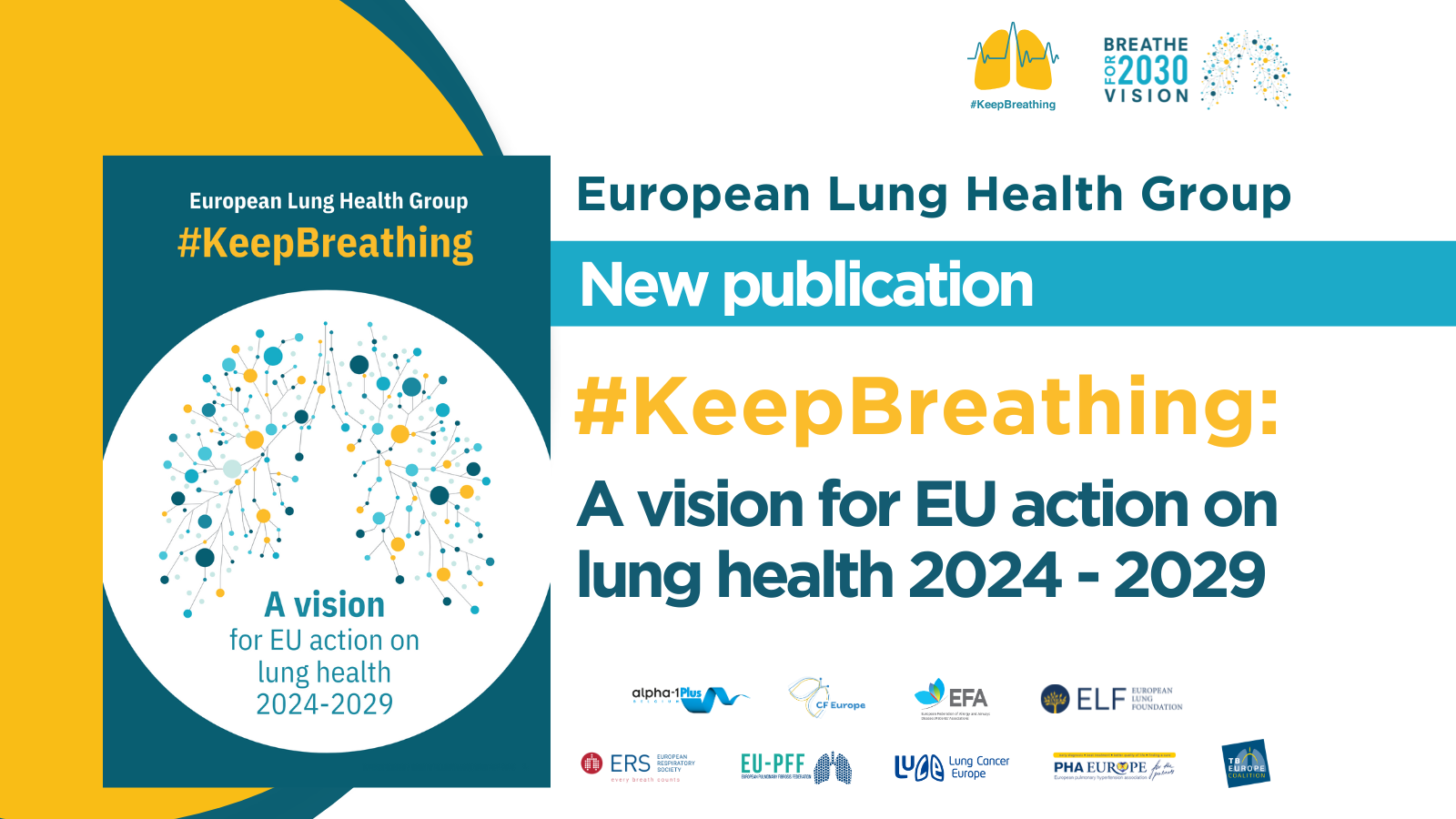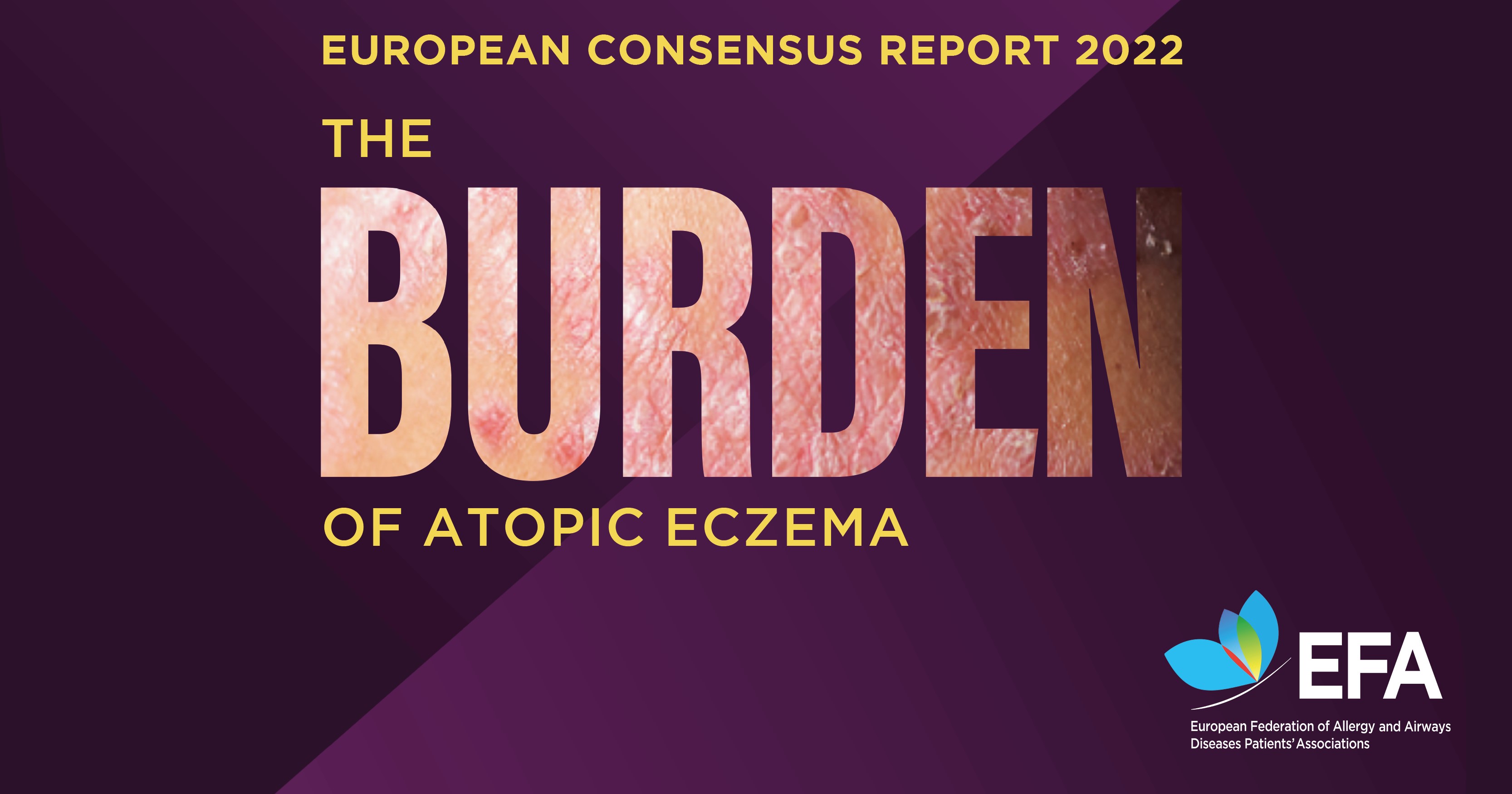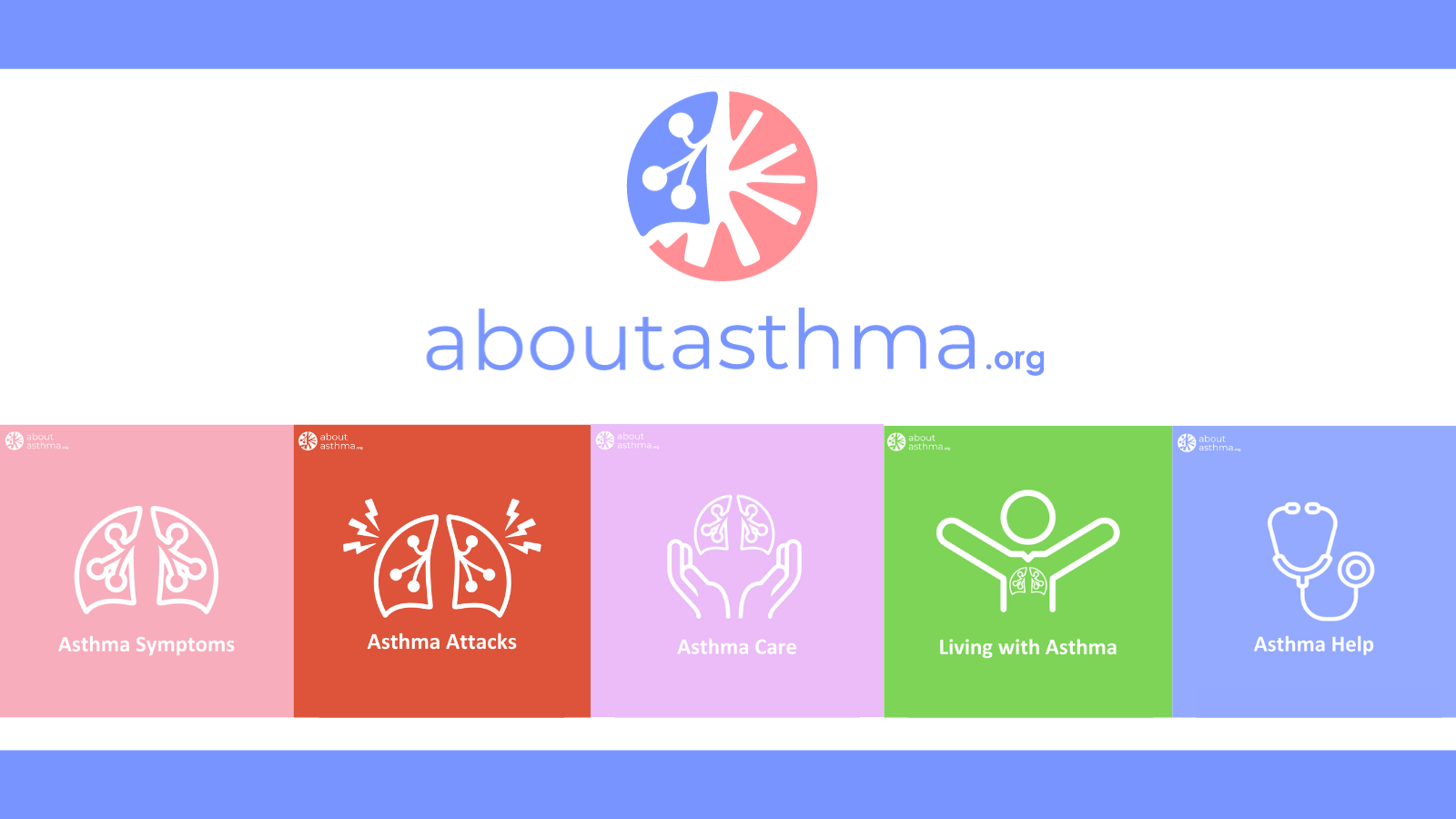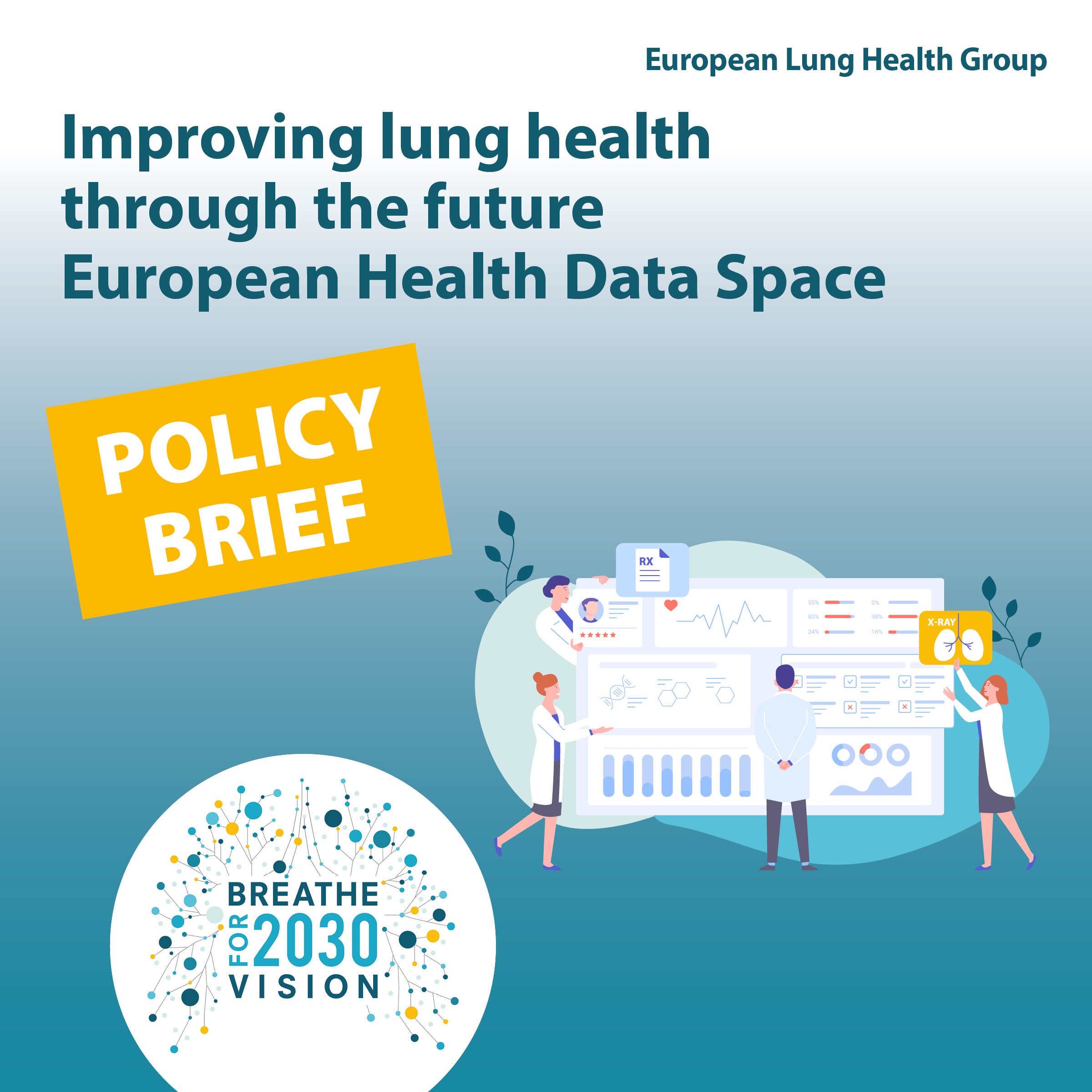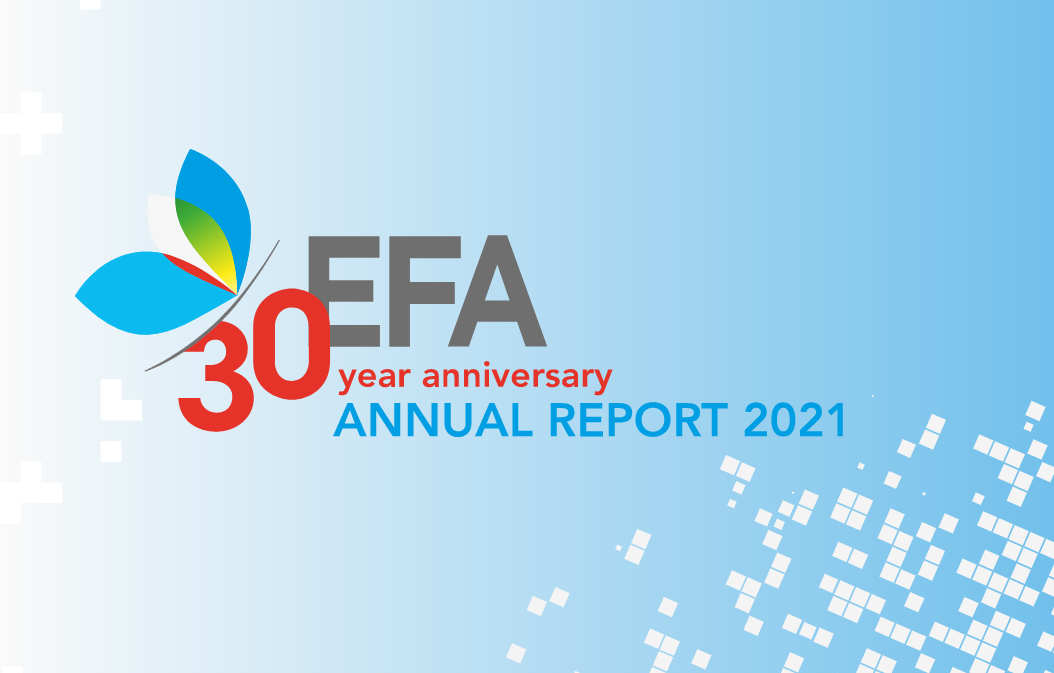Technology is changing the way patients liaise with healthcare professionals and manage their health and has the potentially to eventually reshape the healthcare systems. Bearing this in mind, Novartis asked several European level patient groups, including EFA to advice in organising the second ‘European Patient Innovation Summit’ (EPIS 2017) by the company in order to understand what are the next steps needed by patients in harnessing technology, what is the future and what should be done by the company in this space. The summit brought together patients’ organisations representing chronic diseases to discuss:
- Reviewing progress in digital technologies
- Discussing how to overcome resistance in accepting the voice of the patients across the medicine lifecycle
- Developing smart ideas for the benefit of the patients
The event was held simultaneously on October 17th in different countries, with regional hubs that could follow the event livestreamed and other hubs in Germany, France, Spain, Portugal, Norway and Italy that were directly linked to the central hub located in Dublin, Ireland.
The event started with presentations about science fiction and digital solutions in healthcare, followed by a panel discussion on the barriers that prevent patients voice to be heard in medicine lifecycle. After have set the scene, the regional hubs have got engaged in an ideathon aimed at developing solutions that could potentially overcome those barriers identified in the panel discussion.
The ideas were first reviewed by a jury and then voted online and by the event participant. The most promising idea came from Portugal, were it was proposed a platform that includes all patient groups active in the country with the idea of easily link them each other, but most importantly with healthcare professionals and institutions in order to facilitate the participation of the patients in care and policy.
